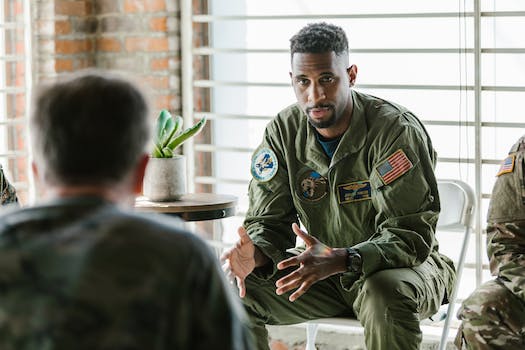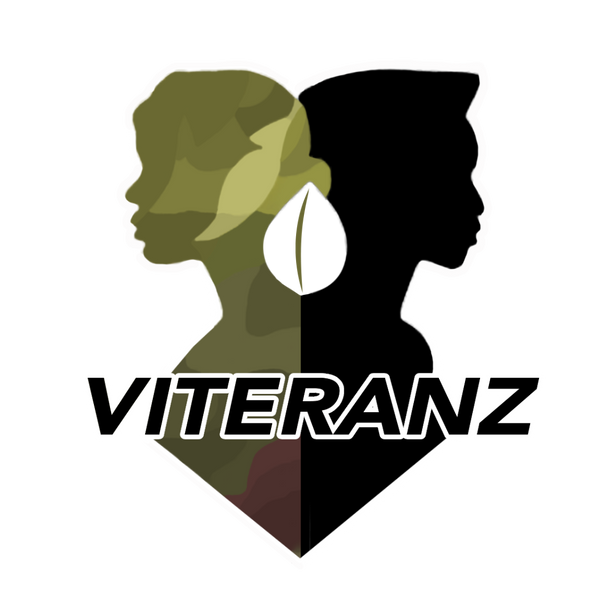
Unmasking PTSD in Non-Combat Veterans: Understanding, Support, and Treatment Options
PTSD: A Silent Battle Beyond the War Zone for Non-Combat Veterans
PTSD: A Silent Battle Beyond the War Zone for Non-Combat Veterans
Understanding PTSD Beyond the Battlefield
Post-traumatic stress disorder (PTSD) is often associated with veterans who have experienced the horrors of war. However, it's essential to understand that PTSD isn't exclusive to the battlefield. Non-combat veterans also face this silent battle, a struggle often overlooked and misunderstood.
The experiences and traumas leading to PTSD are as diverse as the people who serve in our armed forces. For non-combat veterans, these can range from sexual assault, training accidents, to the sheer stress of military service. The battlefield isn't the only place where scars are formed; sometimes, they're etched deep within, unseen but profoundly felt.
The Reality of Non-Combat PTSD
PTSD is like a shadow that follows you around, a constant reminder of a past that refuses to stay buried. It's not just about flashbacks or nightmares; it's about the constant struggle to live a 'normal' life. Non-combat veterans with PTSD often feel isolated, waging a war all on their own due to a lack of understanding and recognition of their condition.
Breaking the Stigma Surrounding Non-Combat PTSD
It's high time we break the stigma surrounding non-combat PTSD. We need to acknowledge that you don't need to have been in a war zone to suffer from PTSD. As a society, we need to create a safe space for these veterans to share their experiences and seek help without fear of judgment or invalidation.
The Power of Education and Understanding
Education is a powerful tool in this fight. The more we understand about PTSD, the better equipped we are to support those who are battling it. PTSD is not a sign of weakness; it's a sign of having endured something profoundly traumatic. It's a testament to the strength and resilience of these veterans.
Treatment Options for Non-Combat PTSD
Treatment for PTSD can be a lifeline for those who are struggling. Cognitive-behavioral therapy, EMDR (Eye Movement Desensitization and Reprocessing), and medication are just a few of the options available. But the first step is always recognition and acceptance.
Supporting Non-Combat Veterans with PTSD
For the non-combat veterans out there who are silently battling PTSD, know this: your struggle is real, your pain is valid, and you are not alone. There are resources available, people who understand, and communities that care. Reach out, share your story, and let the healing begin.
For those of us who are friends, family, or simply fellow citizens, let's make an effort to understand, empathize, and support. Let's be the allies they need in their fight against PTSD.
PTSD: A Human Disorder
PTSD is not just a combat veteran's disorder; it's a human disorder. It affects mothers, fathers, siblings, and friends. It affects the people who serve our country in countless ways beyond the battlefield.
So let's start the conversation. Let's bring non-combat PTSD out of the shadows and into the light. Because no veteran, combat or otherwise, should have to fight their battles alone.
